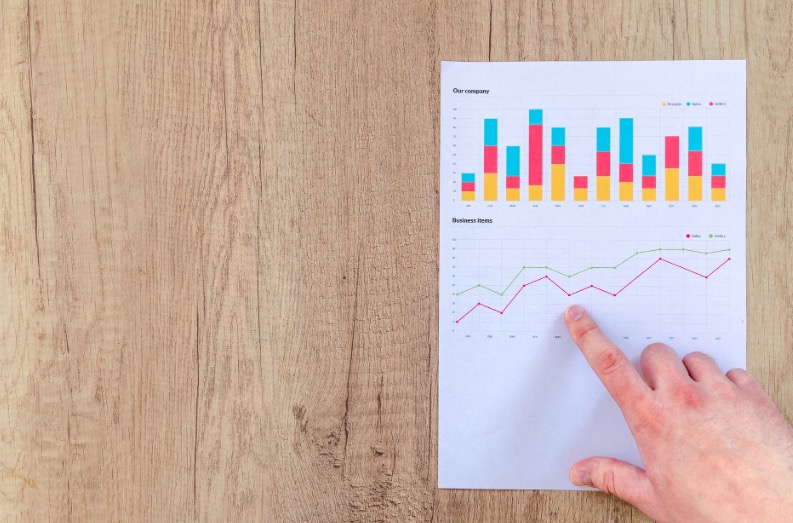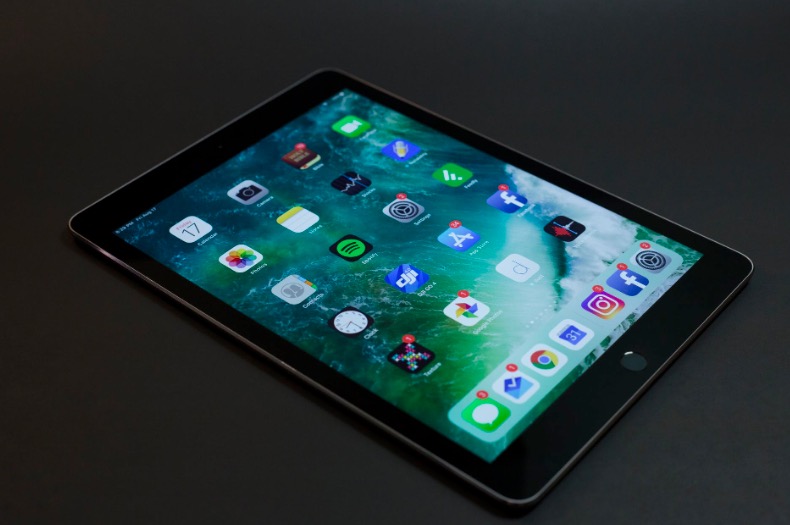5 Questions to Ask When Buying the Perfect POS for Your Restaurant Or Bar
How should you go about choosing the right POS for your F&B business?

1. Is It Tailored for Your Business?
If you're running a hospitality or F&B business, chances are that a retail POS system will not have the dedicated features you need to get ahead. Make sure that your POS is restaurant-based so that it will possess tools that makes running your business easier. For example, restaurants need table monitoring capabilities, menu management and much more. Retail POS systems will not have these features baked-in since they are designed for a completely different type of business operation. Even among F&B POS systems, there will be clear distinctions between what's being offered. Some opt for a simple solution that's basic in its features and functions, while others offer unlimited potential to customize the system by adding modules so it fits perfectly with your business. Make your choice on what will benefit you in the long-run and not what is easier in the short-term. Changing systems later down the line will be extremely troublesome.

2. Is It Scalable and Future-proof?
Bouncing directly off the last point, it's important to not only think about whether the solution you're selecting is suitable for your current business situation but also whether it is suitable for future expansion. For example, if you are currently operating out of a single restaurant, a basic POS system might be suitable for your needs - short term. However, if that system cannot support multi-shop or enterprise-level capabilities, it will hinder growth and delay progress. This is why it's so important to find a solution that has you covered on all fronts - especially for the future. On top of this, it's also imperative to find out whether the option you choose is able to adapt and evolve with the times. POS systems with Open APIs allow third-parties to integrate their solutions directly with the POS, providing new and exciting features that may become necessary in the future.

3. Are You Overbuying?
Many POS companies will seek to sell you their entire range of products at once. While it's good to find a system that is future-proof, you don't need to buy everything they offer right off the bat. Take your time in learning what each product does and which ones will be helpful to your business model. For example, you might want a mobile POS so that your servers can take orders quicker at tableside and focus more on upselling. In this case it would be worth getting a mobile POS along with your POS system. However, there's no need to also shell out for a Queuing Kiosk if there's no current need to have one.

4. Can You Access Your Data and Reports Easily?
Reporting data is actually a huge deal for modern hospitality and F&B businesses. Whether you're running a bar or restaurant, you'll need access to figures that can show sales trends and customer purchasing habits. Most modern POS systems will have some type of data management tool, but it's important to ask how easy it is to access this data and whether the data collected is sufficient for your business. Some of the more advanced POS providers will offer a dashboard that restaurant owners can access directly from their computers or phones to have immediate access to all their reports in an easily-digestible format. If the POS provider is really in-depth, they will even allow their clients to access restaurant or product data from specific time periods that can be specified. Another thing to ask about is customer relationship management (CRM) data. The more a F&B business owner knows about their customers, the better. This is especially true if a business is running a promotion or sales campaign.

5. Is the Interface Intuitive
With all the promises about features and usefulness, it's often easy to forget that actually operating a POS system has to be intuitive and easy. This not only makes the system simpler to set up, but also reduces the amount of time that staff need for training when learning how to use the system. POS systems based on existing hardware, like iPads, for example, often require less time to master because most people are quite familiar with the interface of a touch screen tablet like an iPad. If the POS is built on its own unique hardware, this will likely mean the interface is something completely new and will require more time to get acquainted with.
